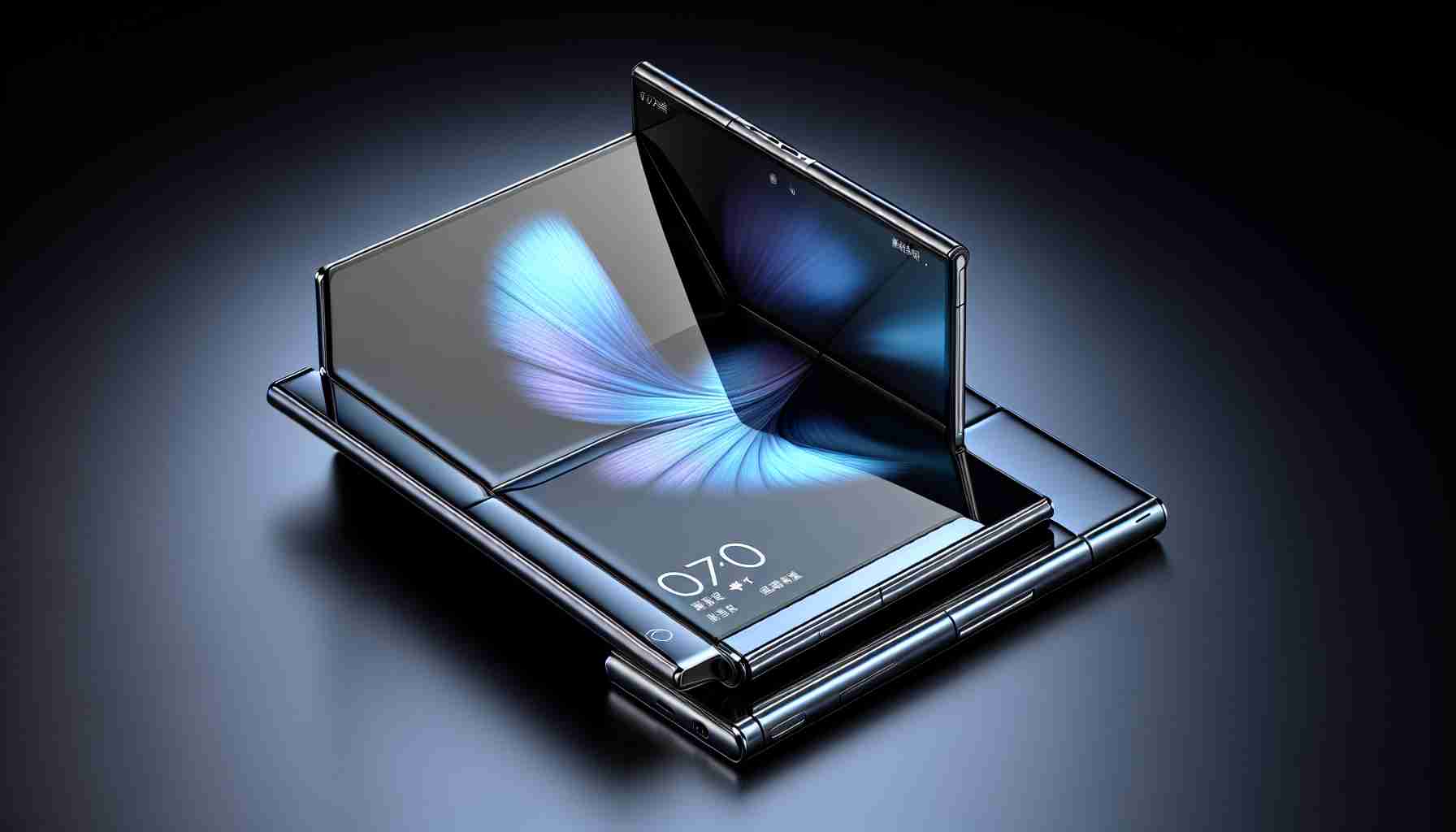Reverse Charging
Reverse charging, also known as reverse charge mechanism (RCM), is a tax collection method where the recipient of goods or services, rather than the supplier, is responsible for paying the applicable tax. This approach is commonly used in various tax systems, including value-added tax (VAT) and goods and services tax (GST). Under reverse charging, the responsibility for reporting and remitting the tax shifts from the seller to the buyer, which simplifies the compliance burden on suppliers and helps combat tax evasion.Reverse charging is typically applied in specific situations, such as transactions involving cross-border services, certain high-risk industries, or when the supplier is not registered for tax in the buyer's jurisdiction. In practice, the buyer calculates the tax owed and often simultaneously claims an input tax credit for the same amount, effectively resulting in a zero net tax impact if they are also a taxpayer. This mechanism aims to enhance revenue collection while maintaining fairness in the taxation process.






